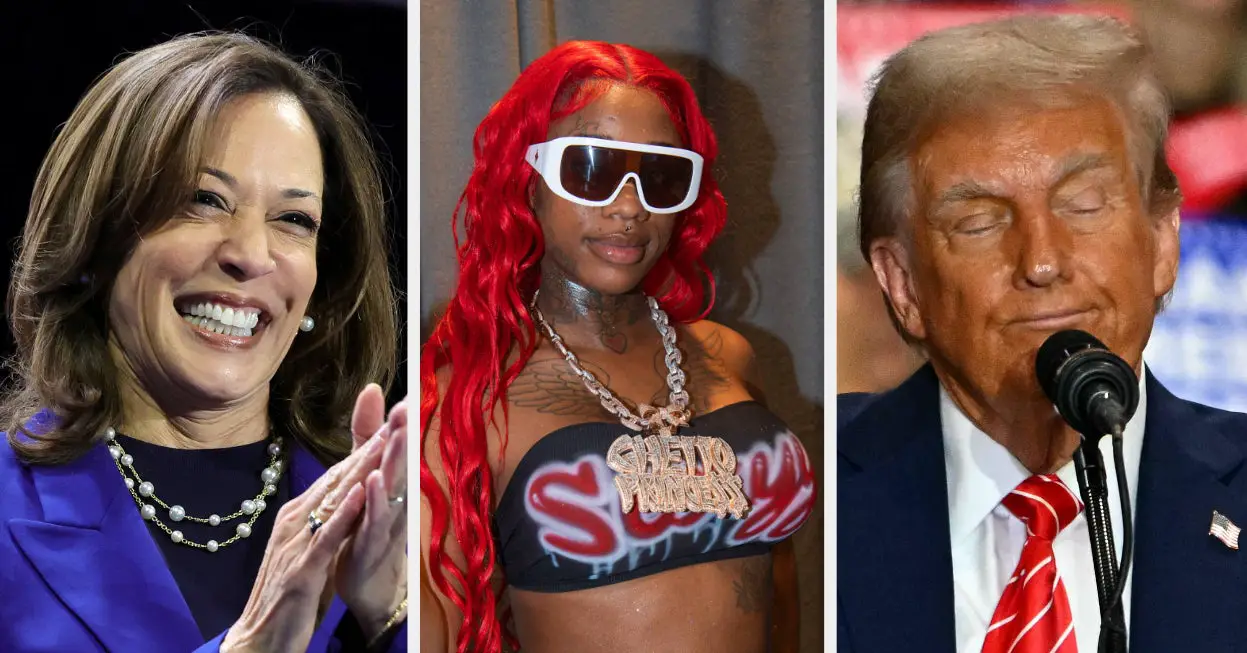This past week was a wild one in the world of fintech as Bolt surprised the industry with a leaked term sheet that revealed it is trying to raise $200 million in equity and an unusual, additional $250 million in “marketing credits.”
As part of this deal, Bolt wanted a $14 billion valuation bolstered by an aggressive pay-to-play type cramdown that would try and force its existing investors to cough up more cash, too, or essentially lose their stakes to a 1 cent per share buyout.
The industry responded with a collective “We’ll see about that.”
Brad Pamnani, an investor who is spearheading the proposed $200 million equity investment deal, told TechCrunch on Thursday that shareholders have until the end of next week to indicate whether or not they plan to write checks into the new funding round.
To backtrack to the beginning: on August 20, the Information reported that one-click checkout startup Bolt was close to raising another $450 million at a potential $14 billion valuation. That would have been shocking if wholly true, but as more info emerged about this proposed deal, the details were not that straightforward.
It would have been shocking because this company had seen a lot of controversy since its last $11 billion valuation in 2022, including its outspoken founder Ryan Breslow stepping down as CEO in early 2022. Part of the news of the new funding round included Breslow coming back as CEO. This after allegations that he misled investors and violated security laws by inflating metrics while fundraising the last time he ran the company. Breslow is also still embroiled in a legal battle with investor Activant Capital over a $30 million loan he took out.
Initial reports tagged Silverbear Capital as leading that investment, but Pamnani told TechCrunch (as also reported by Axios’s Dan Primack) that this isn’t accurate. Although Pamnani is a partner at Silverbear Capital, the investment vehicle is actually a SPV that will be managed by a new UAE-based private equity fund.
“We have already filed in UAE, and it’s pending approval of regulators,” he said, declining to reveal the names of any entities.
Silverbear is not involved at all in the Bolt deal, Pamnani said, noting that he also works for an unnamed Cayman Islands-based private equity firm that is an LP in the SPV.
“At the beginning, I used my Silverbear email to respond to some things and that caused some confusion but Silverbear was never actually looking at this deal,” he said.
Breslow told TechCrunch he couldn’t comment on the proposed transaction.
Ashesh Shah of The London Fund also explained to TechCrunch more about that additional, at least $250 million he plans to invest in Bolt, but not so much with cash. Instead, he confirmed he’s offering “marketing credits.” He described those credits as a cash equivalent that could be provided in the form of influencer marketing for Bolt by some of his funds’ limited partners, who are in the influencer and media world.
New investors agree to put Breslow back in charge
Bolt’s annualized run rate was at $28 million in revenue and the company had $7 million in gross profit as of the end of March, journalist Eric Newcomer, who also saw copies of the leaked term sheet, reported this week.
That means a valuation of $14 billion would be an enormous multiple in this market, and a step up to the multiple used when Bolt landed its $11 billion valuation in January 2022.
Pamnani told TechCrunch that he was hoping for a valuation closer to $9 billion or $10 billion.
“We wanted a discounted valuation when going in and were discussing somewhere close to $9B-$10B. We have no interest in paying top dollar if we don’t have to. Unfortunately we didn’t land that,” he said.
“But we think that is a fair valuation to be able to reach,” he said of the $14 billion valuation.
Pamnani said the SPV also pushed for Breslow to be reinstated as CEO. Notably, the term sheet stipulates that the founder would receive a $2 million bonus for returning as CEO, plus an additional $1 million of back pay.
Bolt has been running under former director of sales Justin Grooms as interim CEO as of March when Maju Kuruvilla was out after reportedly being removed by Bolt’s board. Kuruvilla served in the role since early 2022 after Breslow stepped down.
“We realized just looking back at the historical record that Bolt had when Ryan was in the driver’s seat, and then as soon as he left, it started going downhill, and it was not the best time,” Pamnani said.
The deal also includes a so-called pay-to-pay or cramdown provision where existing shareholders must buy additional stakes at the higher rates or the company has threatened to buy back their shares for a penny apiece.
So the question is, if a shareholder doesn’t agree to buy in again, can the company really dispose of their investment in such a way?
Not likely, according to Andre Gharakhanian, partner at venture capital law firm Silicon Legal Strategy, who has viewed the company’s charter. He described the proposed transaction as “a twist on the pay-to-play structure.”
“Pay to play” is a term used in term sheets that benefits new investors at the expense of old. It grows in popularity during market downturns (which is why it has become increasingly common in 2024, according to data from Cooley.) Essentially, it forces existing investors to buy all the pro rata shares they are entitled to or the company will take some punitive action, like converting their shares from preferred shares with extra rights to common shares, explains AngelList.
In Bolt’s case this is “actually not a forced conversion like most pay-to-plays. Instead, it’s a forced buyback. The goal is the same — to pressure existing investors to continue to support the company and diminish the ownership of those who are not providing that support,” Gharakhanian said. “However, instead of automatically converting non-participating investors into common — they are buying back 2/3 of the non-participating investors’ preferred stock at $0.01/share.”
The catch, he said, is that most venture-backed startups must obtain approval from preferred stockholders to do a gambit like that, according to their corporate charters. That typically requires approval from the majority, the very people that Bolt is trying to strong arm.
What usually happens is that such a threat sends everyone to their lawyers. A deal could eventually get struck after much “hemming and hawing” and much ill will, Gharakhanian said.
“If the company truly has no other alternatives, the non-participating investors will often relent and consent to the deal,” he said, meaning they will agree to let the company buy them back. If they agree to take that much of a loss remains to be seen.
Stay tuned.
Want more fintech news in your inbox? Sign up for TechCrunch Fintech here.
Want to reach out with a tip? Email me at maryann@techcrunch.com or send me a message on Signal at 408.204.3036. You can also send a note to the whole TechCrunch crew at tips@techcrunch.com. For more secure communications, click here to contact us, which includes SecureDrop (instructions here) and links to encrypted messaging apps.











